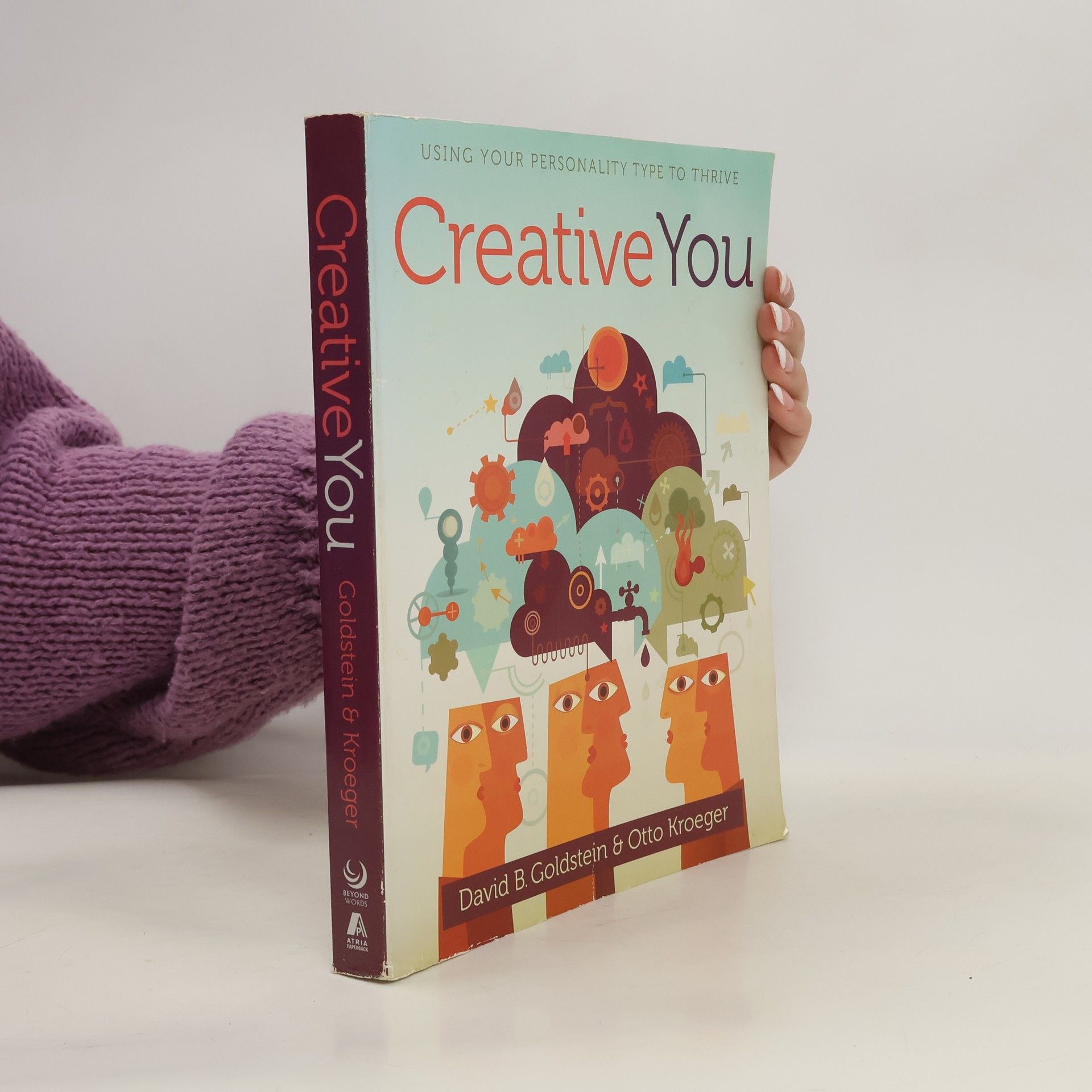Creative You
- 291 pages
- 11 hours of reading
Helps each reader unleash his or her innate creative skills based on a unique personality type and succeed in every endeavor.
David Goldstein's poetry delves into the complexities of human existence with a distinctive literary sensibility. His verses explore profound themes while also engaging in a playful manipulation of language and form. Goldstein's approach to writing is both intellectual and emotional, offering readers a rich and thought-provoking experience. His work is celebrated for its originality and depth.

Helps each reader unleash his or her innate creative skills based on a unique personality type and succeed in every endeavor.